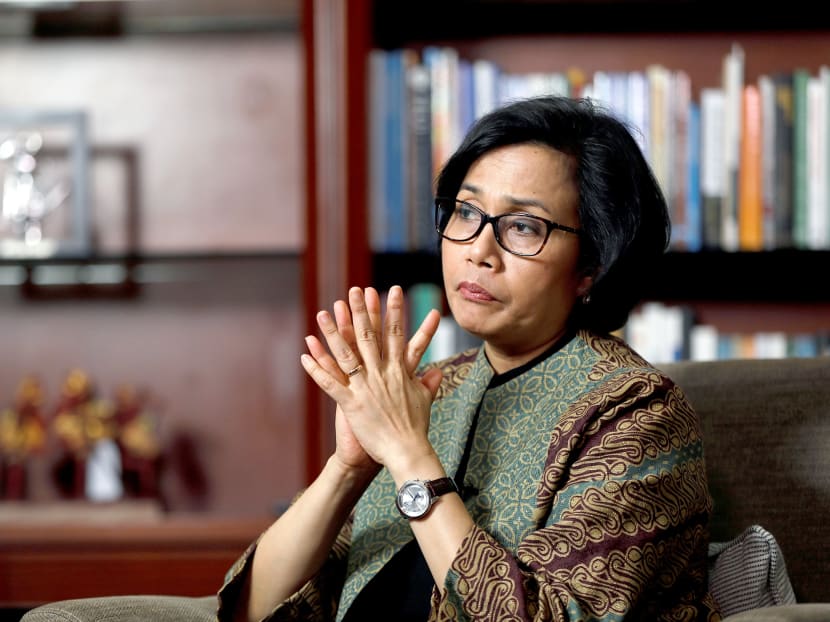Indonesian minister warns of religious divisions
HONG KONG — Indonesia must be “vigilant” about the dangers of identity politics as the proliferation of social media exacerbates resurgent racial and religious tensions ahead of a series of key elections, the country’s finance minister has warned.
HONG KONG — Indonesia must be “vigilant” about the dangers of identity politics as the proliferation of social media exacerbates resurgent racial and religious tensions ahead of a series of key elections, the country’s finance minister has warned.
“Our founding president realised that the issue of identity could make or break the country,” Sri Mulyani Indrawati told the Financial Times on the sidelines of a joint FT summit with the Asian Infrastructure Investment Bank in Hong Kong.
“In this very fierce competition, those who really want to win an election can use whatever [means] from rhetoric up to promises and create a deeper divide among people, like what you see in [the] US and many countries.”
But she hopes that Indonesians can debate these sensitive issues while respecting differences in a country of 260 million people, where nearly 90 per cent are Muslim but there are hundreds of minority ethnic, religious and linguistic groups.
“I rely on the maturity of the people to create balancing forces, so when some try to go to the extreme, usually they’ll be a correction,” she said.
Racial and religious tensions have been on the rise in the world’s most populous Muslim-majority country since radical Islamists and their political supporters launched a campaign last year to unseat Jakarta’s ethnically Chinese and Christian governor.
They were ultimately successful, with Basuki Tjahaja Purnama, an ally of President Joko “Jokowi” Widodo, losing an election in April and then jailed for two years in May for blasphemy after he cited a Koranic verse. Despite hopes that tensions would die down after the ousting of Mr Purnama, the identity debate looks set to become more heated in the run-up to local elections across Indonesia next year and the presidential election of 2019, when Mr Widodo will stand for a second term.
Anies Baswedan, who was elected as Jakarta governor in April, used his inauguration speech last month to declare that “indigenous” Indonesians are now “masters in our own country” — a comment that stirred painful memories for Chinese Indonesians of the long history of persecution they have faced.
Mr Baswedan is backed by Prabowo Subianto, a tough-talking former general who ran against Mr Widodo for president in 2014 and may well take him on again.
Ms Indrawati hopes voters will focus on Mr Widodo’s economic record, arguing that his focus on incremental improvements to the investment climate is finally bearing fruit. Southeast Asia’s biggest economy moved up from 91st to 72nd place this year in the World Bank’s global ranking on the ease of doing business, and has come all the way from 120th when Mr Widodo took power in 2014.
“This is a remarkable leap forward and shows that he’s very persistent,” she said.
Ms Indrawati, a former managing director of the World Bank, expects the economy to pick up slightly next year thanks to these improvements, as well as a higher tax take and Mr Widodo’s focus on implementing infrastructure projects.
The government expects gross domestic product growth will increase to 5.4 per cent next year from 5 per cent last year and a forecast 5.2 per cent this year.
But analysts argue that Mr Widodo, a former furniture exporter, has been too focused on process rather than policy, limiting the upside to growth and his ability to tackle fundamental issues of social inequality. In particular, he has done little to address fundamental problems such as widespread legal uncertainty and a deeply inefficient civil service.
“He always suggests everything can be fixed in a quick and easy way,” said Matthew Busch, a Southeast Asia-focused research fellow at the Lowy Institute, an Australian think-tank.
“But he’s not touching the really intractable problems.” THE FINANCIAL TIMES







